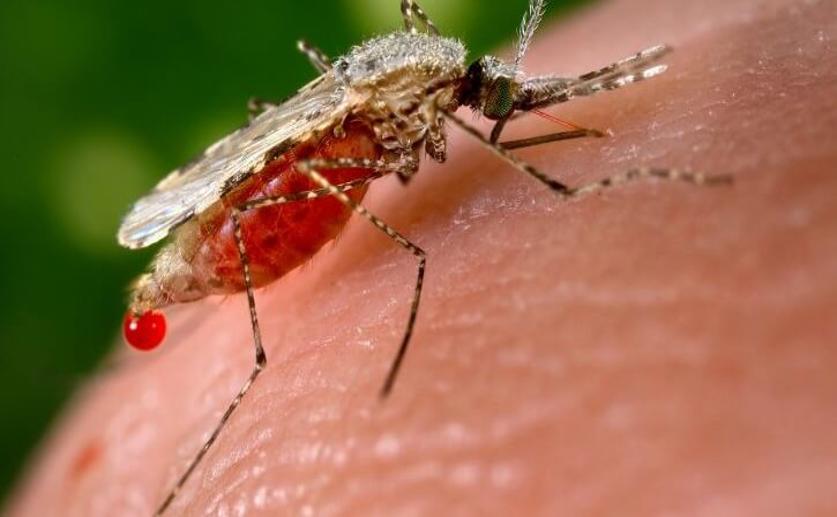
This archived news article is over 5 years old.
Researchers Find a Female-lethal Gene That May Lead to Better Methods of Mosquito Control
David Jennings
23rd September, 2016


David Jennings
23rd September, 2016
